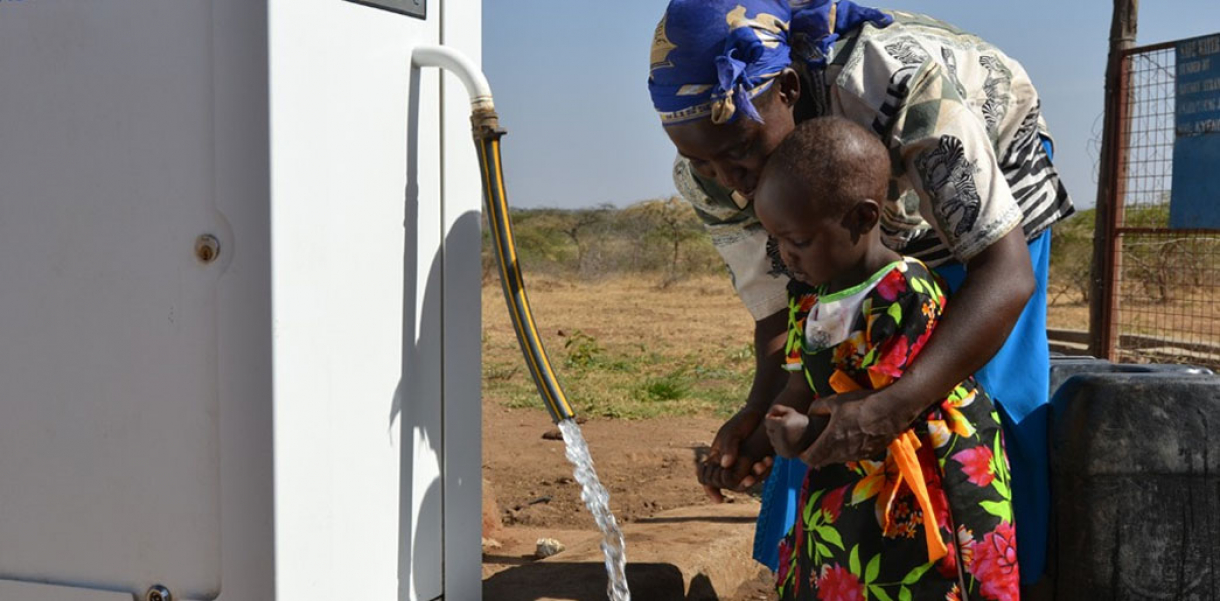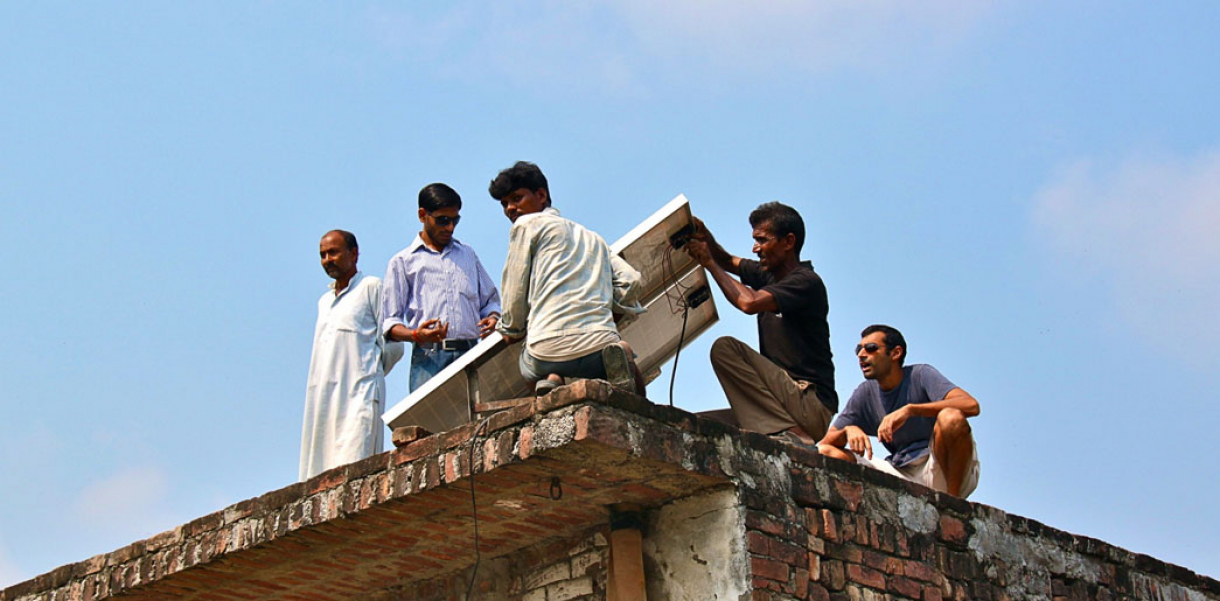Every year in India alone, around 5.5 million tons of CO2 is emitted into the atmosphere by burning kerosene lamps - directly impacting health, environment, and safety of the people using this source of lighting. A simple solution to this could be a new entrepreneurial model providing high-quality and cost effective solar lamps, to be rented out to the rural populace through micro solar enterprises - thus lighting a billion lives!
Electricity, having been available to the mainstream for almost a century, is elementary to the quality of life. Clean and affordable energy is key to socioeconomic development - the likes of which the developed world has enjoyed. Electricity is a means to stifle poverty, hunger, as well as achieving other developmental goals such as gender equality and fighting child mortality amongst others, it is still, in the 21st century, in under-supply to those on the margins of all societies.
Only in India, 74 million rural households do not have access to electricity, the implications of which are truly worrying. Upon nightfall, many families are forced to use kerosene lamps, spending approximately 25% of their weekly budgets to light them. This not only increases the risk of fires, but also causes such homes to be saturated with harmful smoke, filling lungs with deadly tar.
Lighting a Billion Lives (LaBL) strives to answer the needs of poverty struck people in need of the life-changing gift of light. The incentive created by New Delhi’s TERI (The Energy and Resources Institute) empowers populations by deploying Solar Charging Stations and DC Micro Grids, employing local entrepreneurs trained by the initiative to run them. This brings affordable high-quality solar powered lamp solutions, superior to kerosene lamps, on a rent basis for a symbolic fee. Providing the rural populace with a truly sustainable way of lighting their homes at night, each solar lamp saves between 500 and 600 litres of kerosene and 1.5 tons of CO2 over its lifetime of 10 years. The benefits extend beyond light itself and environmental impact. Although the micro stations are funded by LaBL grants, entrepreneurs have access to loans, and the ability to take on the local solar lighting businesses as their own enterprises, subsidized by LaBL.
It is evident that LaBL are actively making a difference in the lives of those who are in great need of quality light - for the education of children, health and development. LaBL has the potential to alleviate the issues at hand in all the mentioned socioeconomic fields and more. Having recently projected to reach 5 thousand villages in Pakistan by the end of 2017, and hoping to one day provide the missing 1.3 billion people around the world with the power of light. The future looks bright for LaBL - and even brighter for those in need of some spark in their lives.






